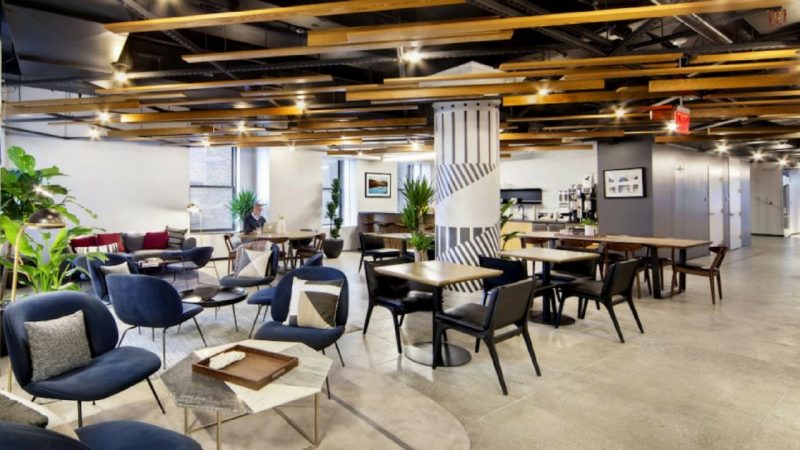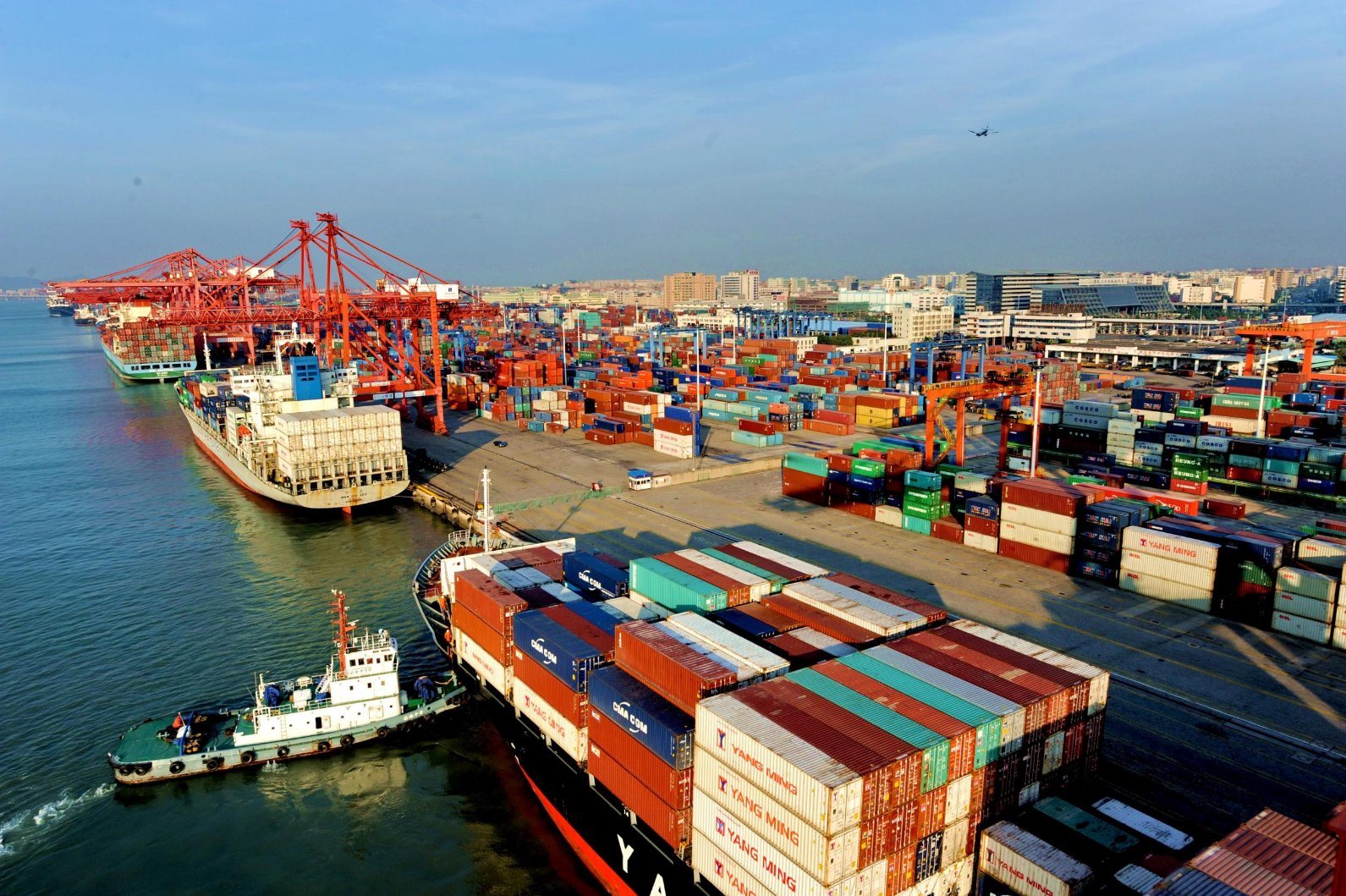WeWork’s rival, Industrious raises $80 million, sees profit in 2020
Share

Industrious, one of the largest U.S. coworking rivals of “We Company’s WeWork”, said on Thursday it raised $80 million from investors and expects to turn a profit next year.
The announcement came a day after Knotel, another large flex-space operator, announced the completion of $400 million in financing.
Both investments reflect investor interest in operators of flexible workspace other than workspace provider WeWork, which is valued at $47 billion.
Last week WeWork filed with regulators to go public, perhaps as early as next month.
WeWork could raise several billion dollars in its IPO, a key test of investor appetite for the fast-growing company that operates in 528 locations in 29 countries.
But after nine years in business, it still has not turned in a profit.
Demand has steadily grown for flexible office providers as they offer companies the ability to sign shorter-term leases than landlords typically are willing to provide.
The model has been criticised for exposing a flex-space operator to a mismatch of its short-term revenue with long-term liability.
Industrious has now raised just over $220 million after the Series D round of investment from a retail unit of Brookfield Property Partners, fitness operator Equinox and Canada Pension Plan, a major component of Canada’s retirement system.
“In a few months, we’ll be a profitable business,’’ Jamie Hodari, co-founder and Chief Executive of Industrious, told Reuters.
He said that when Industrious signs a direct lease with a landlord, the profit margin is more than 30 per cent, while less risky partnerships with landlords deliver a margin of more than 90 per cent, albeit on less revenue.
New York developer, TF Cornerstone and Plano, Texas-based Granite Properties also participated in the fund-raising round.
“Cash flow in the first six months of this year covered 90 per cent of Industrious’ overhead and by the first quarter of 2020, should cover all of it,’’ Hodari said.
The company has turned to revenue-sharing agreements in which landlords invest the majority of the money for new locations.
A more capital-efficient model will allow Industrious to speed up the growth of its nation-wide network, it said in a statement.
Industrious expects to launch 80 locations in 45 U.S. markets by the end of this year, more than doubling the number of sites since it raised $80 million in February last year in a Series C round, the company said in a statement. (Reuters/NAN)














